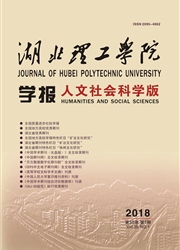

 中文摘要:
中文摘要:
纵观上世纪50年代以来的俄罗斯译学,费奥多罗夫、巴尔胡达罗夫和科米萨罗夫的理论分别代表三个不同历史阶段的俄罗斯译学的基本思想和观点。文章通过对这三位翻译理论家的思想观点进行对比和分析,对整个苏俄翻译理论史进行梳理,指出俄国的翻译研究先后经历了三大突破和文化转向,即突破了一般层面的语言研究,深入到翻译的本质和过程;突破了文本,以跨文化交际的视角来审视翻译;突破了单纯的语言学领域,翻译研究迈向多学科、多元化的发展道路;呈现出翻译的文化转向。
 英文摘要:
英文摘要:
Making a brief survey of Russian translation theories since 1950s, we can see that three Russian experts' (Fedorov, Barhudarov and Kommisarov) translation theories respectively represent the main views in three periods of Russian translation history. This paper analyzes these three translational theorists' views, makes brief survey of Russian translation theoretical history, and points that three breakthroughs and cultural turn have occurred in Russian translation studies. Firstly, more emphasis is put on the study of translational essence and process rather than how to achieve linguistic eorrespondence. Secondly, the scope of translation studies is extended beyond translated texts to investigate translation from the perspectives of intercultural communication. Thirdly, translation studies are not limited in the area of linguistics, and head for pluralism. Cultural turn has arisen.
 同期刊论文项目
同期刊论文项目
 同项目期刊论文
同项目期刊论文
 期刊信息
期刊信息
